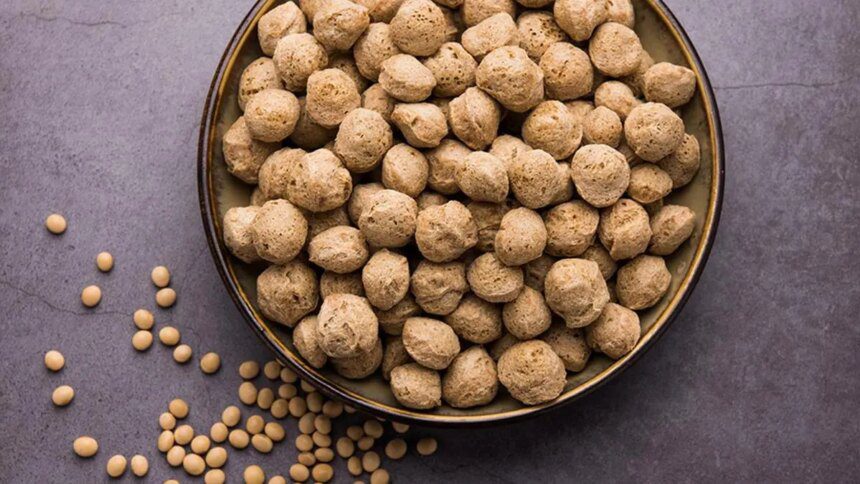A decline in soybean meal exports contributed to a 12 percent decrease in overall oilmeal shipments in August 2025, according to data from the Solvent Extractors’ Association of India (SEA). India exported 276,000 tonnes of oilmeal in August 2025, down from 314,000 tonnes in August 2024, representing a decline of 12.1 percent. Specifically, soybean meal exports fell to 80,233 tonnes in August 2025, compared to 156,000 tonnes in the same month the previous year.
During the five-month period from April to August 2025-26, total oilmeal exports decreased to 1.793 million tonnes, a 4 percent drop from 1.868 million tonnes in the corresponding period of the previous year. BV Mehta, Executive Director of the SEA, noted that soybean meal exports fell to 757,000 tonnes in the first five months of 2025-26, down from 849,000 tonnes a year earlier. He attributed this decline to downward pressure on domestic soybean meal prices against lower prices in South and North America, which could negatively affect export volumes.
Mehta indicated that soybean meal is losing market share, particularly in the poultry feed sector, to distillers dried grains with solubles (DDGS), as production of DDGS is increasing due to rising ethanol production in the country. Furthermore, soybean acreage has decreased to 12.043 million hectares as of September 12, 2025, from 12.624 million hectares during the same period of the previous kharif season, primarily due to land being shifted to other crops.
In contrast, exports of rapeseed meal increased during the same period. India exported 915,000 tonnes of rapeseed meal from April to August 2025-26, up from 884,000 tonnes, marking growth of 3.5 percent. Mehta explained that India’s crushing activities have accelerated, driven by strong domestic demand for mustard oil, particularly the traditional ‘kachi ghani’ variety, resulting in greater production of rapeseed meal.
This increased production coincided with heightened overseas demand, with China emerging as a significant purchaser. During the first five months of 2025-26, China imported nearly 368,000 tonnes of Indian rapeseed meal, a notable rise compared to the previous year. Mehta attributed this shift to India’s pricing advantage in the global market, as prices were reported at $200 per tonne as of September 18, compared to $236 per tonne in Hamburg.
On another note, Mehta discussed the impact of the Indian government’s ban on rice bran exports. Since the prohibition on July 28, 2023, which was extended until September 30, 2025, India has lost its position as a reliable exporter of de-oiled rice bran, which used to be shipped primarily to Vietnam, Thailand, and other Asian nations. With the prices of de-oiled rice bran now lower, there are concerns about further declines alongside increased availability of DDGS. SEA has urged the government to reconsider the export ban to facilitate the disposal of surplus de-oiled rice bran.
In terms of major importers of oilmeal, South Korea imported 209,000 tonnes from India during the initial five months of 2025-26, compared to 338,000 tonnes previously. This included 129,000 tonnes of rapeseed meal, 55,990 tonnes of castorseed meal, and 24,596 tonnes of soybean meal. China imported a total of 375,000 tonnes of oilmeal, including 368,000 tonnes of rapeseed meal and 6,927 tonnes of castorseed meal. Bangladesh imported 178,000 tonnes, with 121,000 tonnes of rapeseed meal and 57,060 tonnes of soybean meal. Additionally, Germany and France imported 135,000 and 53,074 tonnes of oilmeal, respectively, during the same period.
Published on September 20, 2025.










